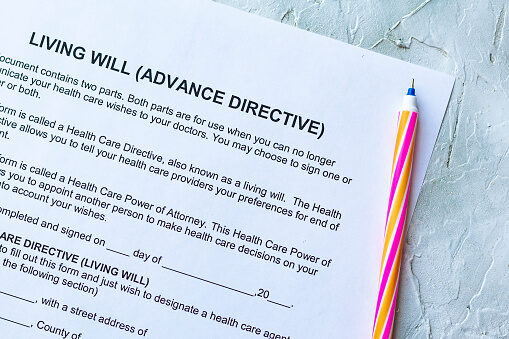- FREE WORKSHOPS - SIGN UP TODAY!
Have You Planned for Lifetime Incapacity?
What Is the Job of An Agent with a Durable Power of Attorney?
June 30, 2020Tips for Preparing Your Loved Ones for An Inheritance
July 14, 2020 Estate planning often begins with you asking questions about what happens if you are no longer around. However, this is not a comprehensive estate plan. In fact, it’s only the first piece of the puzzle.
Estate planning often begins with you asking questions about what happens if you are no longer around. However, this is not a comprehensive estate plan. In fact, it’s only the first piece of the puzzle.
Most people would assume that they’ve created a comprehensive estate plan if their plan covers occurrences that happen after their death but this is a dangerous mistake because estate planning is not limited to death planning alone.
There are multiple ways in which your estate plan can impact you and your family members during your lifetime, which means that you need to think about all possible situations that could affect you even before you pass away. Incapacity can occur suddenly but can have far-reaching consequences.
It happens when a person loses the ability to make their own decisions on either a permanent or a temporary basis. If you suddenly find your memory failing or are coping with the consequences of an accident and are no longer able to make decisions for yourself.
You must have an incapacity plan in place to enable someone else to make these decisions on your behalf and to help you feel confident about the fact that you have appointed other people to make decisions on your behalf and have the legally valid estate planning documents to back this up.
Speaking with a dedicated estate planning attorney today will help you to plan for the uncertainties of tomorrow.
The bottom line is that incapacity planning is not something that only affects the elderly. It’s also about how you guard against challenges that could impact you in your younger years, too.



